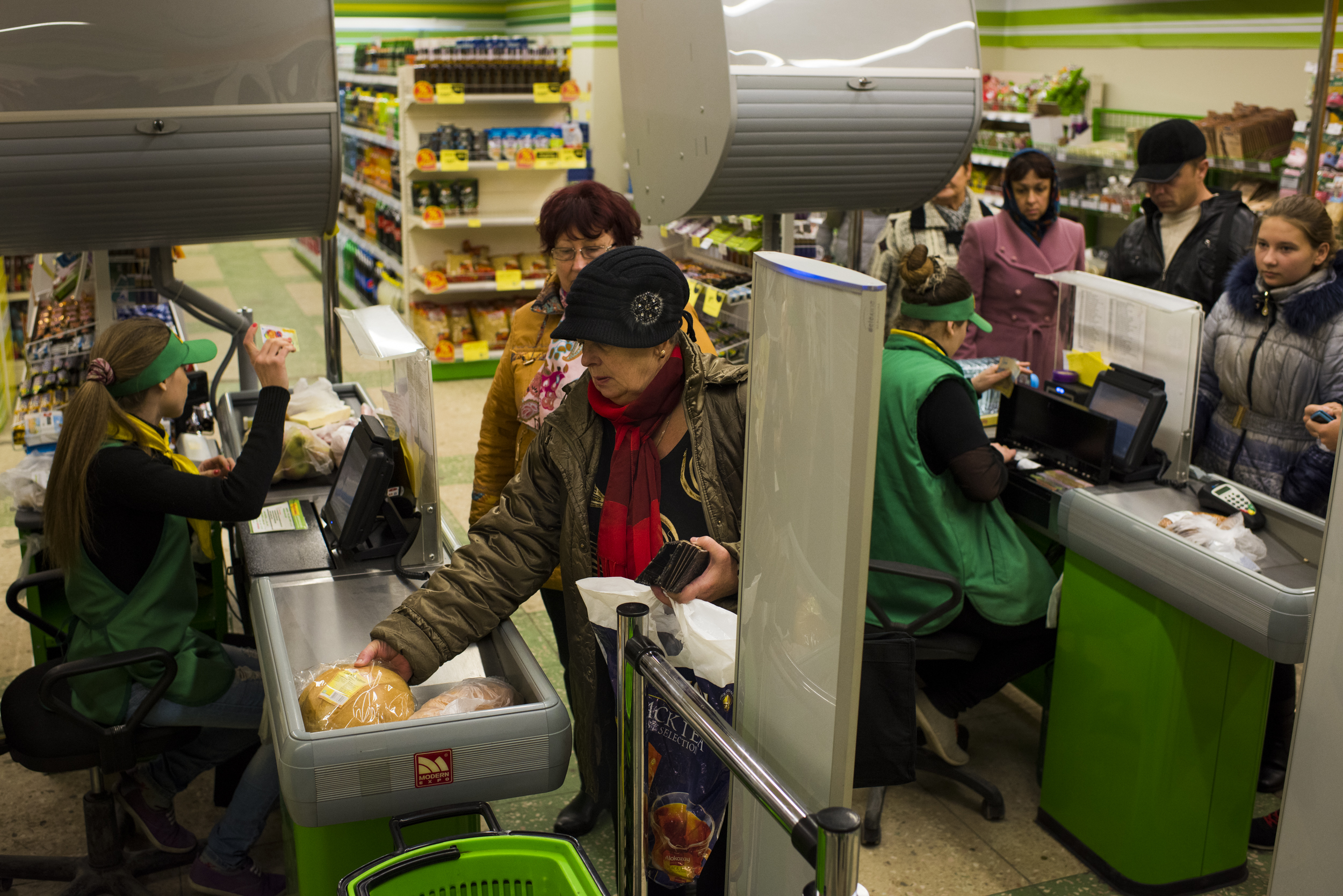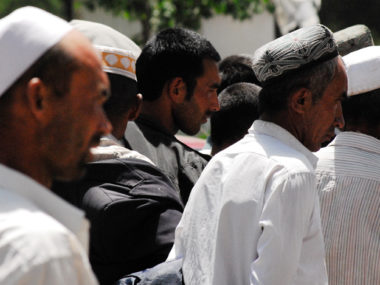Guest post by Idean Salehyan

The Syrian conflict has sparked one of the world’s worst refugee crises, as over 300,000 people have fled into neighboring countries with many more sure to follow. Research on civil war and refugee migration has shown that in addition to being a humanitarian catastrophe, refugee flows can foster wider conflict in the region. This is especially true when transnational rebel organizations are able to move across borders along with legitimate refugees.
First, refugee flows threaten to spread civil conflict to neighboring countries. This dynamic especially threatens Lebanon, which suffers from frail political institutions and a delicate sectarian balance; if the crisis becomes any worse, it could also jeopardize gains made in neighboring Iraq. Second, refugee camps and cross-border militant groups exacerbate conflict in their country of origin It is well known that the Free Syrian Army operates freely from bases inside of Turkey (although it may now be in a position to move its command center into Syria). The ability to move back and forth across the border makes a government victory especially unlikely, meaning that we may be in for a very protracted war. Third, refugee flows and transnational rebel bases can spark conflict between states. Syria and Turkey have had numerous diplomatic rows and even exchanges of artillery fire after Syrian forces violated the border. Recently, the Turkish Parliament upped the ante by approving military action against its neighbor, potentially sparking a regional war.
As time wears on, it is increasingly unlikely that Bashar al-Assad will be able to crush the insurgency or that the Free Syrian Army will be able to win a decisive victory. It is about time that the government and opposition leaders sit down at the bargaining table to talk peace. But given the regional dynamics of the Syrian conflict, it is critically important that Syria’s neighbors have a say in how to untangle the mess. Moreover, the wider international community — even as it continues to bicker over the appropriate response — should at least be able to agree that more should be done to care for the humanitarian needs of those who have been forced to flee their homes.








4 comments
I think it would be a mistake to ascribe much causal effect to refugees and transnational rebels in the conflict between Turkey and Syria. The fundamental reason for Turkey and Syria coming to blows is the Turkish government’s repugnance of Bashar’s bloody repression of the protests. The large number of refugees and Free Syrian Army operating in Turkey are consequences of Turkey siding with the opposition.
Refugee flows and transnational rebels are not randomly assigned. Hundreds of thousands of people could not escape into Turkey if the Turkish government did not choose to allow them. For instance, in 2004 another rebellion broke out in northern Syria, to which Turkey responded by deploying troops to the border and declaring unconditional support for Bashar’s regime. Because Turkey chose not to get involved, refugees and transnational rebels did not appear back then and Turkey was not dragged into a conflict with Syria. What was the crucial difference between that rebellion in 2004 and the current one? In 2004 it was the Kurds who rebelled against Bashar, not the Sunnis.